A powerful ethnic armed group in Myanmar is preparing to hand back control of a strategically vital city to the country’s military under a deal orchestrated by China.
The Myanmar National Democratic Alliance Army (MNDAA), which captured the northeastern city of Lashio in August 2024, is expected to return it to the military without further conflict, China’s foreign ministry confirmed on Tuesday.
“At the joint invitation of both sides, China recently dispatched a ceasefire monitoring team to Lashio, Myanmar, to oversee the ceasefire between the Myanmar military and the MNDAA and to witness the smooth and orderly handover of Lashio’s urban area,” said foreign ministry spokesperson Guo Jiakun.
Lashio, the capital of northern Shan state, was a major blow to the junta’s authority when it fell to the MNDAA— an ethnic Kokang rebel force with around 8,000 fighters— in what analysts described as the most serious strategic loss for Myanmar’s military since its 2021 coup. That putsch ignited a widespread armed uprising, uniting pro-democracy resistance forces with long-standing ethnic insurgents in a fight to unseat the generals.
Yet despite battlefield gains, pressure from Beijing— a key ally of the military regime— appears to have forced a reversal.
Beijing’s balancing act
China has long walked a tightrope in Myanmar, supplying weapons to the military while maintaining connections with borderland ethnic armed groups like the MNDAA, whose territory abuts Yunnan province. Lashio sits barely 100 kilometres from Chinese soil and is central to key overland trade routes and prospective Belt and Road Initiative infrastructure investments.
The fall of the city was a step too far for Beijing. Observers say it raised fears of instability spilling over into Chinese territory, prompting China to act decisively. After Lashio was captured, China reportedly cut off power, internet, and water supplies to the MNDAA’s Kokang heartland, and encouraged peace overtures to the junta.
In December, the MNDAA signalled its willingness to hold “peace talks with the Myanmar army on issues such as Lashio”, facilitated by China. The quiet diplomacy culminated this week in what appears to be an unconditional handover.
The MNDAA has not publicly commented on the arrangement, and junta officials have remained silent. But on the ground, the transition appears already underway.
AFP cited a military source as saying that the junta officers were being transferred to Lashio. A local resident reported being barred from a hotel where MNDAA officials were meeting with military representatives. Another allied ethnic group said military vehicles had begun reappearing in town.
Rebels, rubies and realpolitik
The city’s handover marks a pivotal moment in the civil war, which has seen the military lose ground across large parts of Myanmar. The MNDAA’s campaign, launched in late 2023 alongside two other ethnic factions, seized major swathes of Shan state, including areas rich in jade, rubies and cross-border trade revenue.
Lashio was the crown jewel— home to the military’s northeastern command and a major commercial hub on the road to China. Its loss exposed the military’s vulnerabilities and spurred rare concessions.
Beijing’s involvement shows its strategic stakes. The Lashio deal allows China to preserve relations with both sides of the conflict while projecting itself as a stabilising force.
But for Myanmar’s fragmented resistance, the deal may serve as a reminder that foreign powers will prioritise their own interests— often at the expense of grassroots democratic aspirations.
Ceasefire extended after deadly quake
In a separate development, Myanmar’s junta on Tuesday extended a temporary nationwide ceasefire to 30 April, citing ongoing relief needs following last month’s deadly earthquake. The 7.7-magnitude quake has killed over 3,700 people and devastated swathes of the central belt.
The junta claimed the truce— initially announced to ease aid delivery— had “momentum” for recovery and reconstruction. But conflict monitors and locals in conflict zones report that fighting between the military and resistance forces has not ceased during the declared pause.
Myanmar has been plunged into a complex, many-sided civil war since the military overthrew the elected government in February 2021. Over 2.6 million people have been displaced, and the junta’s authority continues to erode as resistance groups expand their control— a trend Beijing now appears intent on tempering.


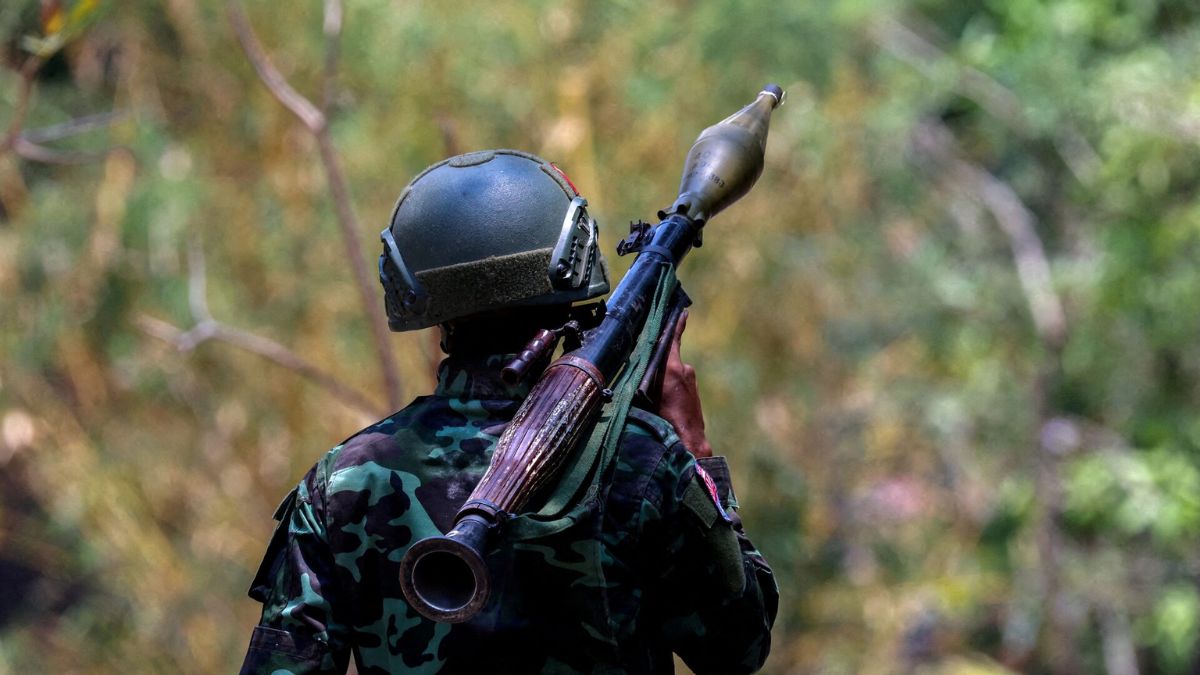)
)
)
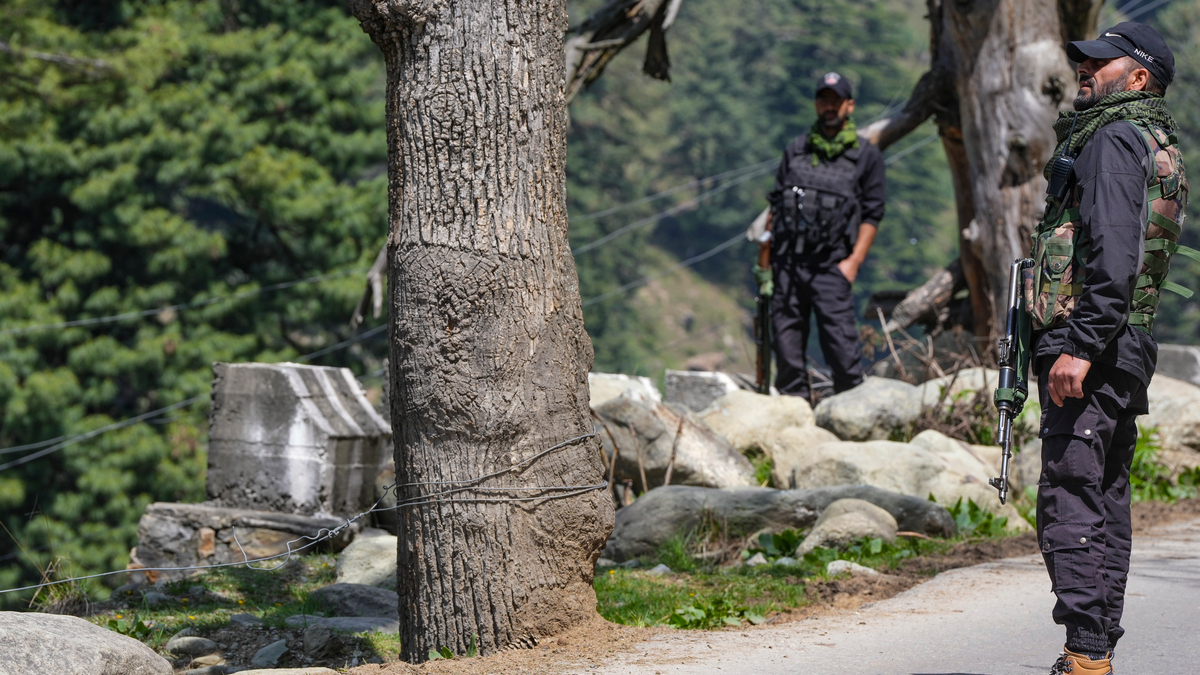)
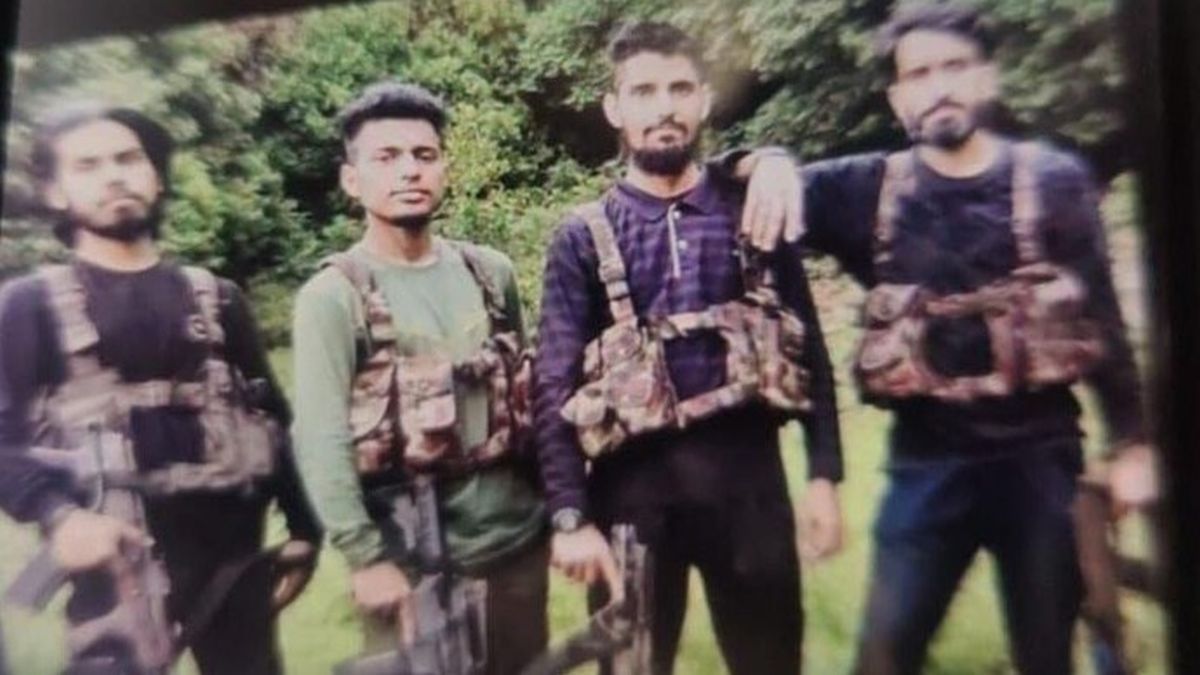)
)
)
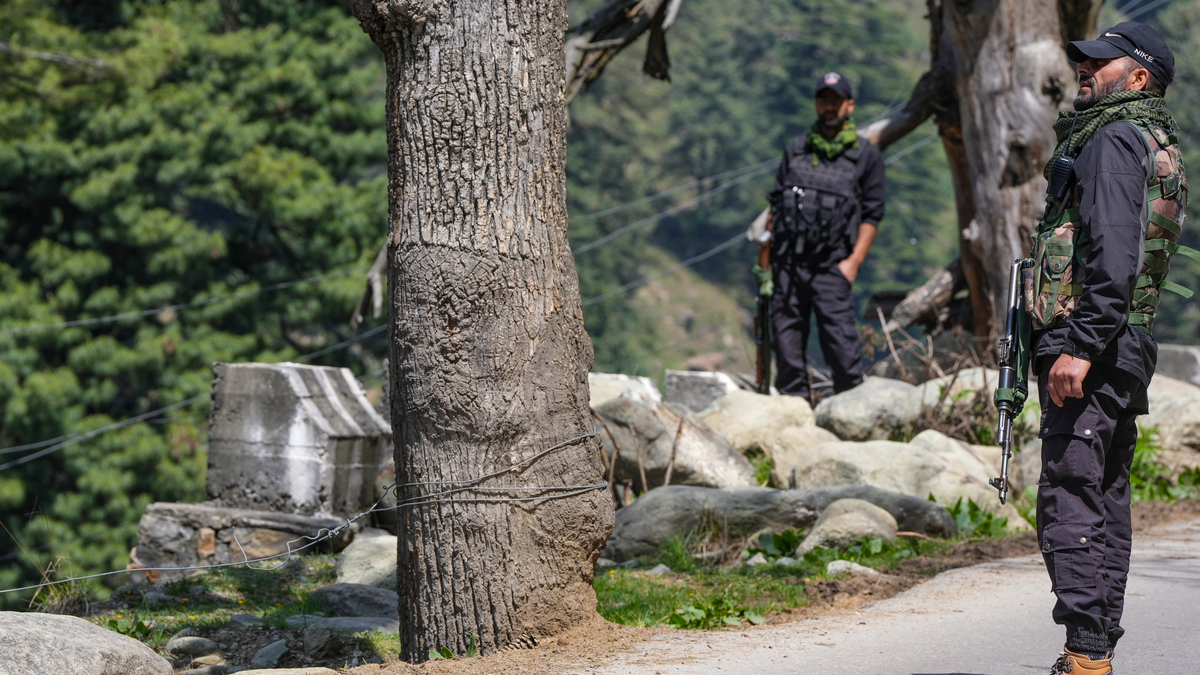)
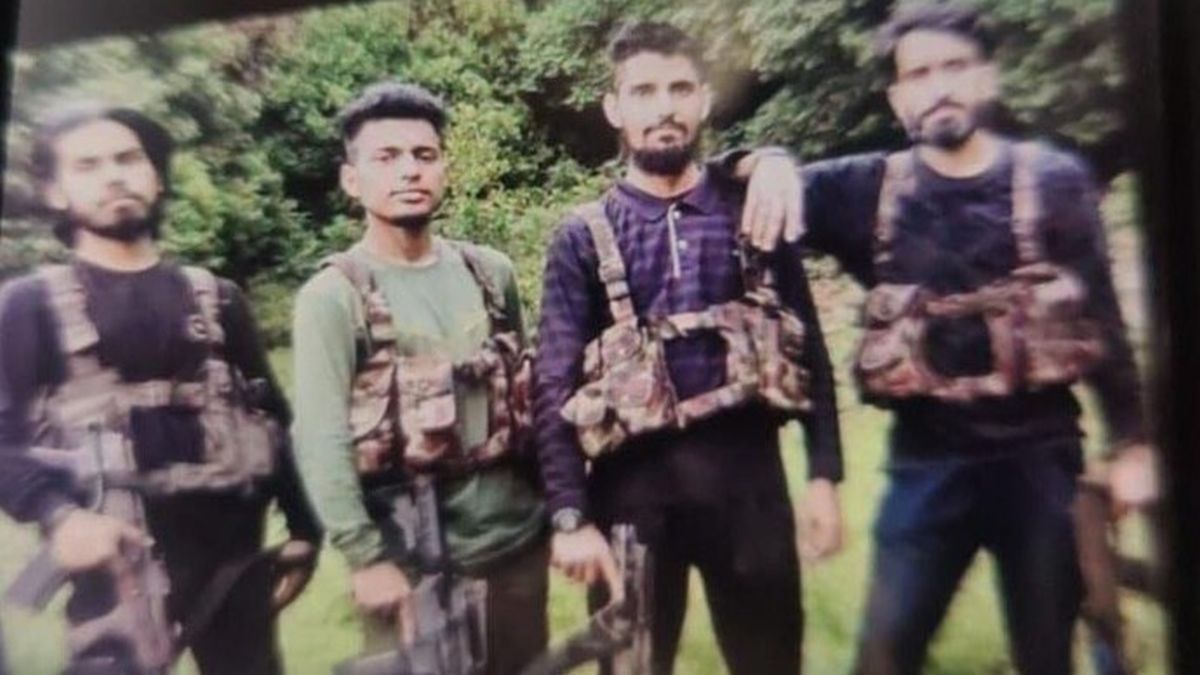)